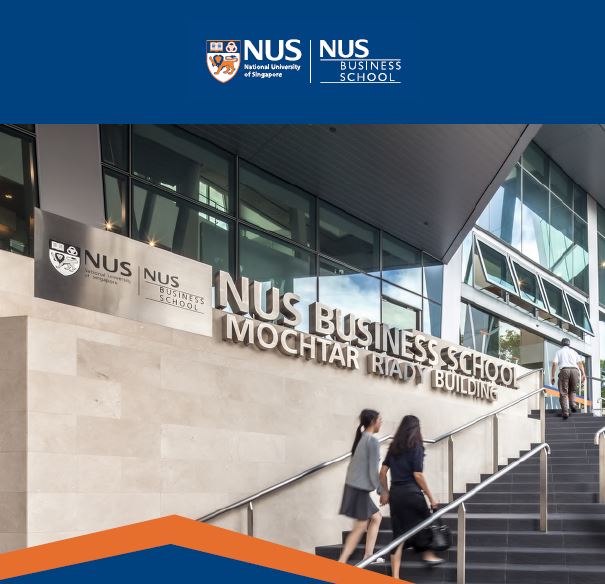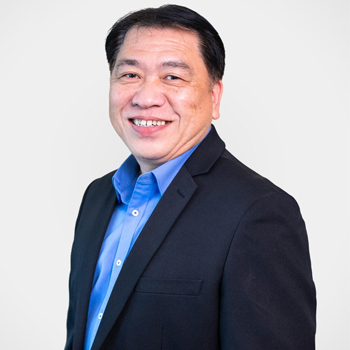Emerging Technologies and Industry 4.0

According to a Deloitte Review, a fourth industrial revolution is transforming economies, jobs, and even society itself. Many physical and digital technologies are combining through analytics, AI, cognitive technologies, and the Internet of Things (IoT) to create digital enterprises that are both interconnected and capable of more informed decision making. Digital enterprises can communicate, analyze, and use data to drive intelligent action in the world. In short, this revolution is embedding smart, connected technology not only within organizations but also our daily lives. This course provides an outlook of such emerging technologies and their applications in various industries such as insurance, real-estate, healthcare, etc. and covers various aspects of technology in terms of fintech, biotech, foodtech, and smart cities.
Course Learning Objectives:
- Gain an understanding of financial technology aspects with examples from different industries.
- Learn an overview of biotechnology, its applications, trends, and advancements.
- Develop an understanding of the food and agricultural technology with examples of plant-based, lab-grown meats, blockchain technology, and smart farming.
- Earn perspective of a smart city framework and its challenges and opportunities from the angle of different smart cities across the globe such as Singapore, Estonia, and Amsterdam.
Faculty

Prof Neo Kok Beng
Adjunct Associate Professor, National University of Singapore
Prof Neo Kok Beng is an award-winning technology entrepreneur and a venture catalyst specializes in the technology commercialization of research and inventions from universities and research institutes into high-growth and highly scalable companies. His innovative “global-oriented ventures” have harnessed numerous international and local awards; including the President’s Design Award (2014), NUS Promising Startups (2013) and the US Government for Innovation Initiative (2012). He is currently an adjunct associate professor at NUS and is faculty for innovations at Harvard, Stanford and Tsinghua universities. He has successfully licensed its product to international companies, and have achieved more than USD100 million valuations for his portfolio. Has a build up a portfolio of highly-scalable and global companies with deep-science in the areas of Biomedical, Financial and Space technologies – through its unique acceleration program that is “Global- Business & World-Class” in approach.
Syllabus
Learning Objectives:
- Gain an understanding of financial technology aspects with examples from different industries.
Module Components:
Video Lectures:
- An Overview Of Financial Technology
- Fintech and Payment Systems
- Fintech Revolution: Deposits and Lending
- Cryptocurrency and Its Impact on Fintech
Readings:
- Fintech Companies Redefining the Payment Domain
- Proptech: Innovation in Real Estate Finance
- Fintech Revolution in Insurance
- The Difference Between B2B and B2C in Fintech
Quiz:
- Fintech
Learning Objectives:
- Learn an overview of biotechnology, its applications, trends, and advancements.
Module Components:
Video Lectures:
- An Overview of Biotechnology and its Applications
- Advancements in Biotech: Biosimilars
- Advancements in Biotech: CRISPR-Cas9
Readings:
- Pandemic and the mRNA Revolution
- Role of Biotechnology in Improving Human Health
Quiz:
- Biotech
Learning Objectives:
- Develop an understanding of the food and agricultural technology with examples of plant-based, lab-grown meats, blockchain technology, and smart farming.
Module Components:
Video Lectures:
- Can Lab-Grown Meat Become Food of the Future?
- Revolutionizing the Food Industry Through Plant-Based Meat
- Agriculture and Blockchain
- Japan is Reshaping Its Agriculture by Harnessing Smart-Farming Technology
Readings:
- An Overview of Food and Agricultural Technology
- All About Plant-Based and Lab-Grown Meats
- Walmart and Hyperledger Fabric Blockchain Framework
Quiz:
- Food and Agri Tech
Learning Objectives:
- Earn perspective of a smart city framework and its challenges and opportunities from the angle of different smart cities across the globe such as Singapore, Estonia, and Amsterdam.
Module Components:
Video Lectures:
- Smart Cities: An Overview
- Smart Nation: Singapore’s Vision to Connect
- How Amsterdam Revolutionizes Energy
Readings:
- Smart Cities: Understanding the Challenges and Opportunities
- Case Study by CfDS Indonesia: Singapore from Smart City to Smart Nation
- Tallinn: A City of the Future
- The Smart City Ecosystem Framework
Quiz:
- Smart Cities
